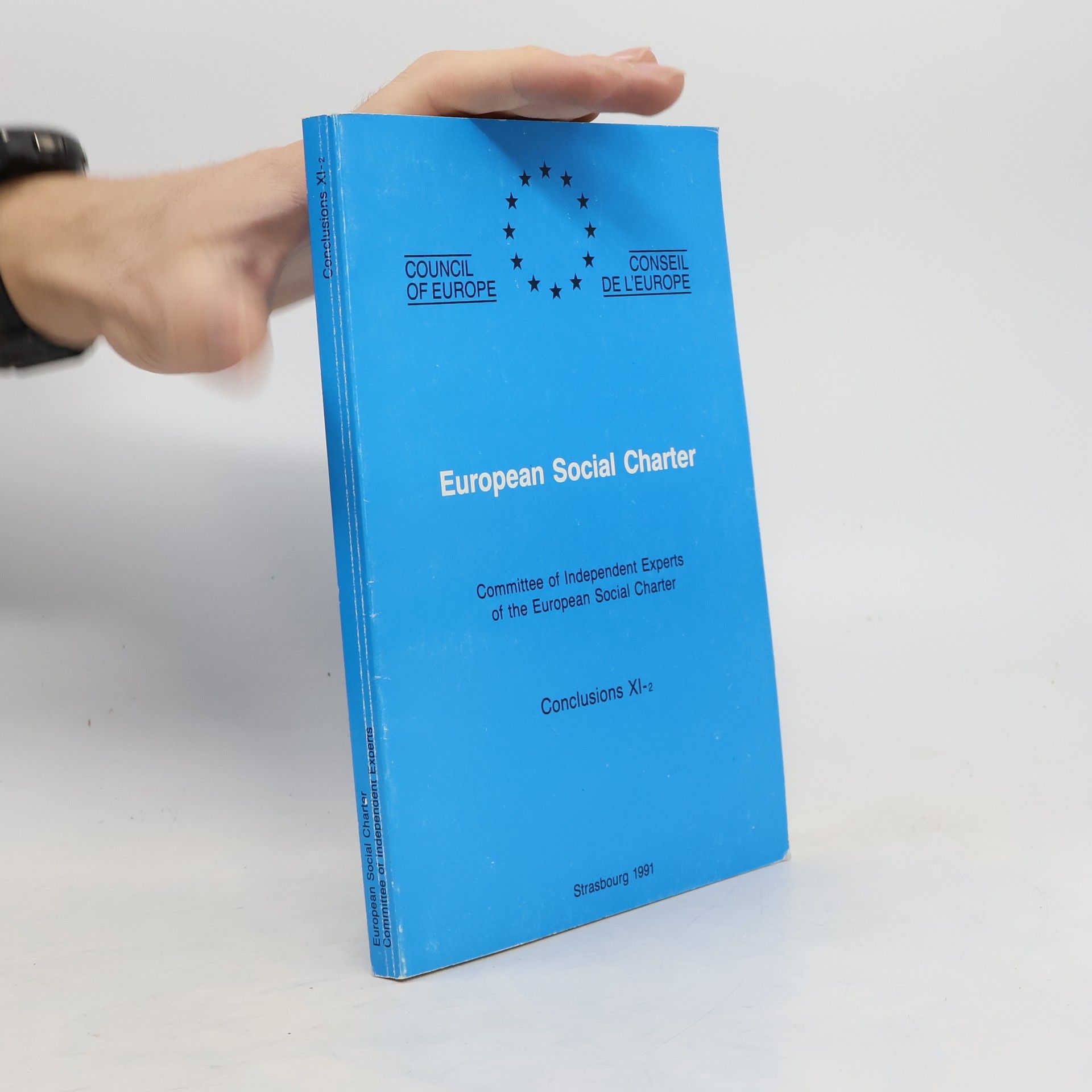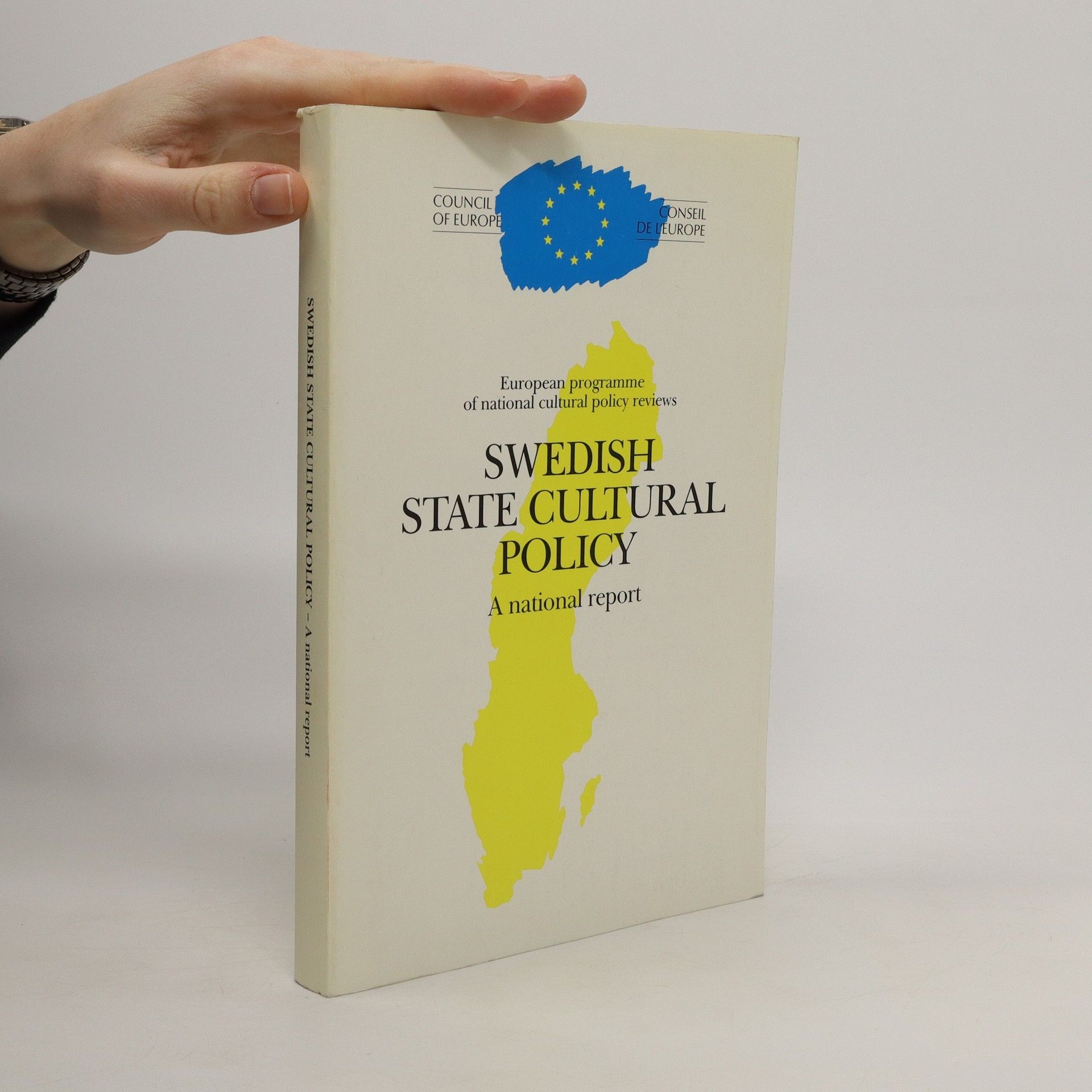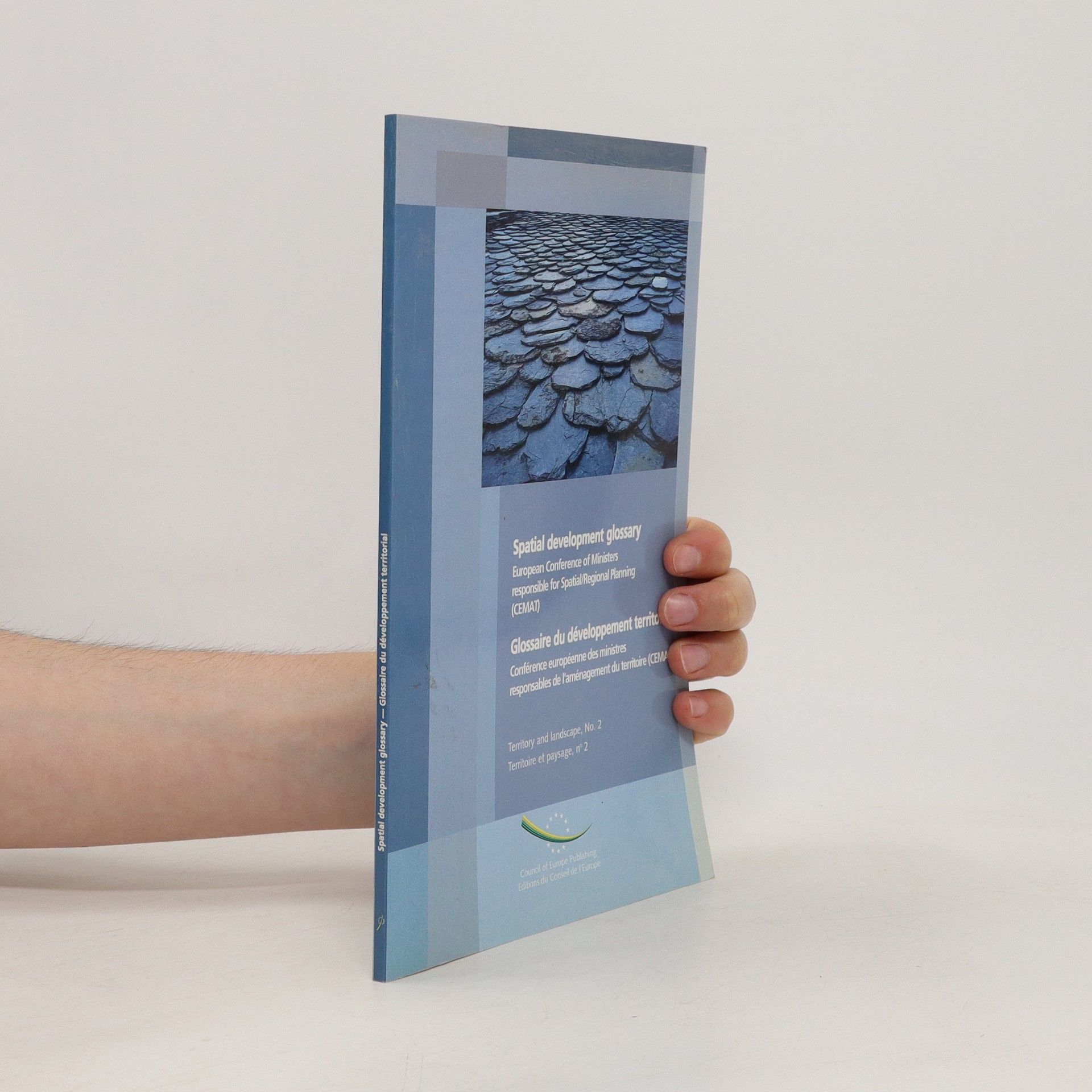Handbook on European Law Relating to Asylum, Borders and Immigration
- 253 pages
- 9 hours of reading
"This handbook is intended for lawyers, judges, prosecutors, border guards, immigration officials and others working with national authorities, as well as non-governmental organisations and other bodies that may be confronted with legal questions in any of the areas the handbook sets out to cover."--Editor.




